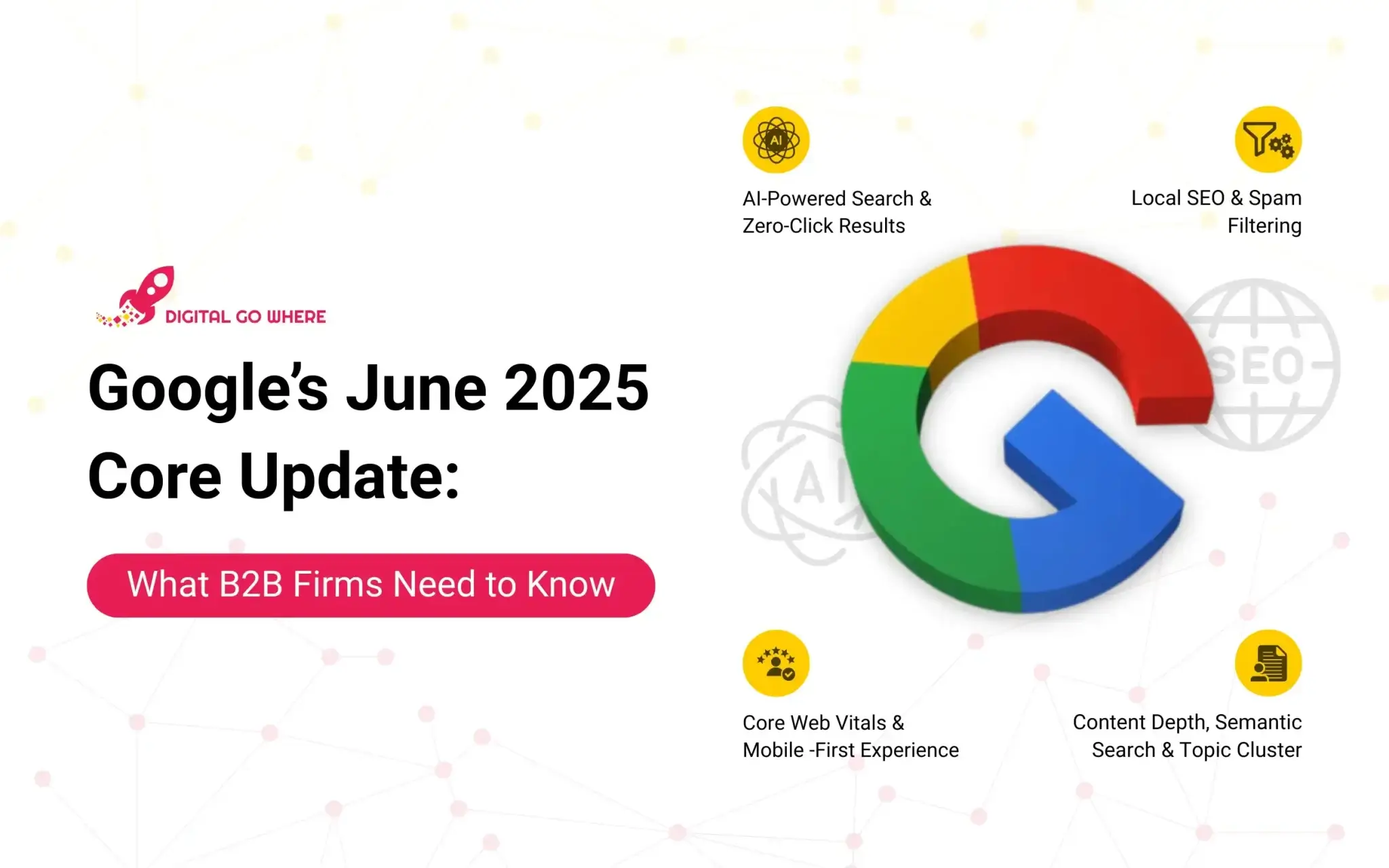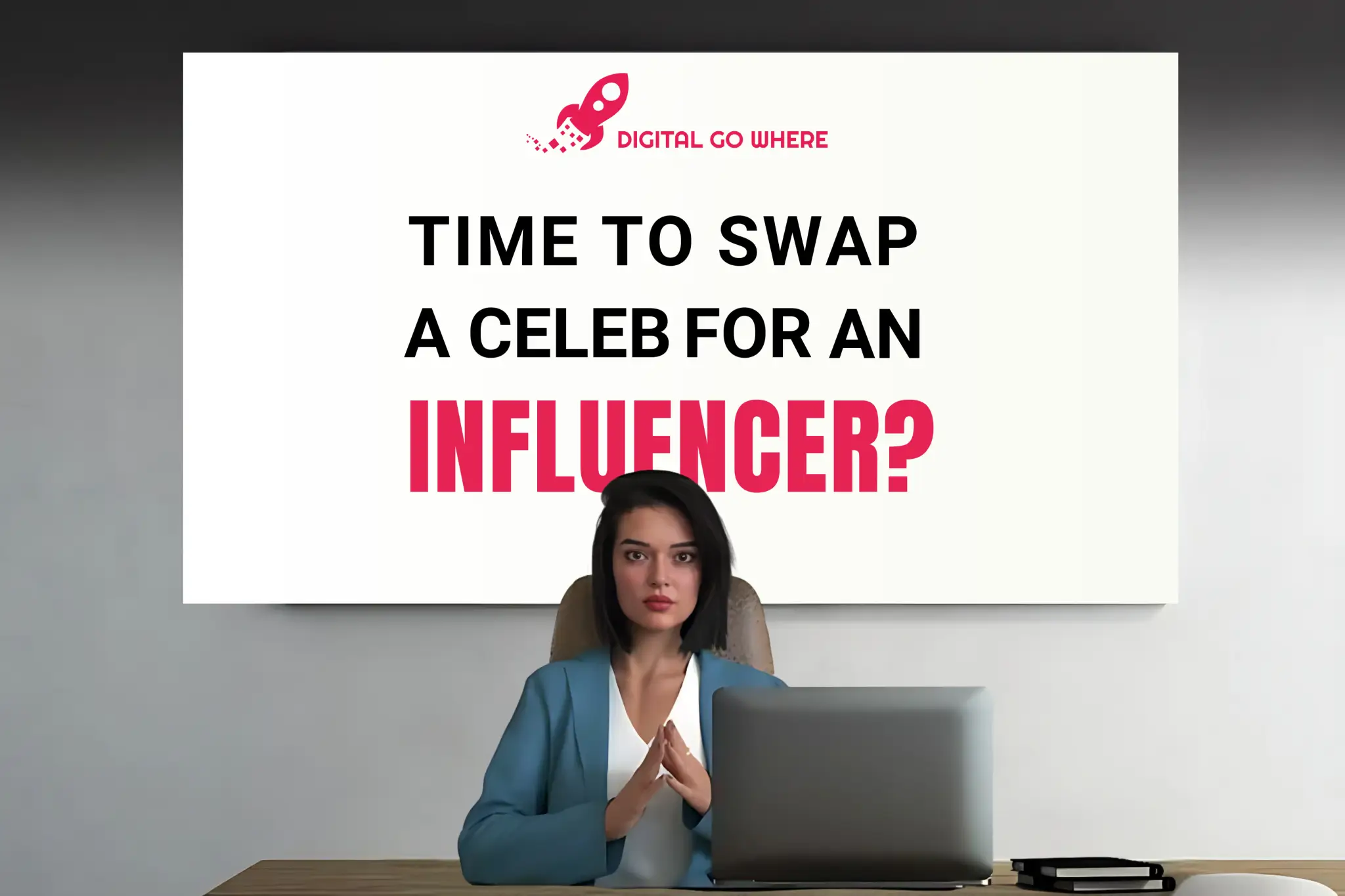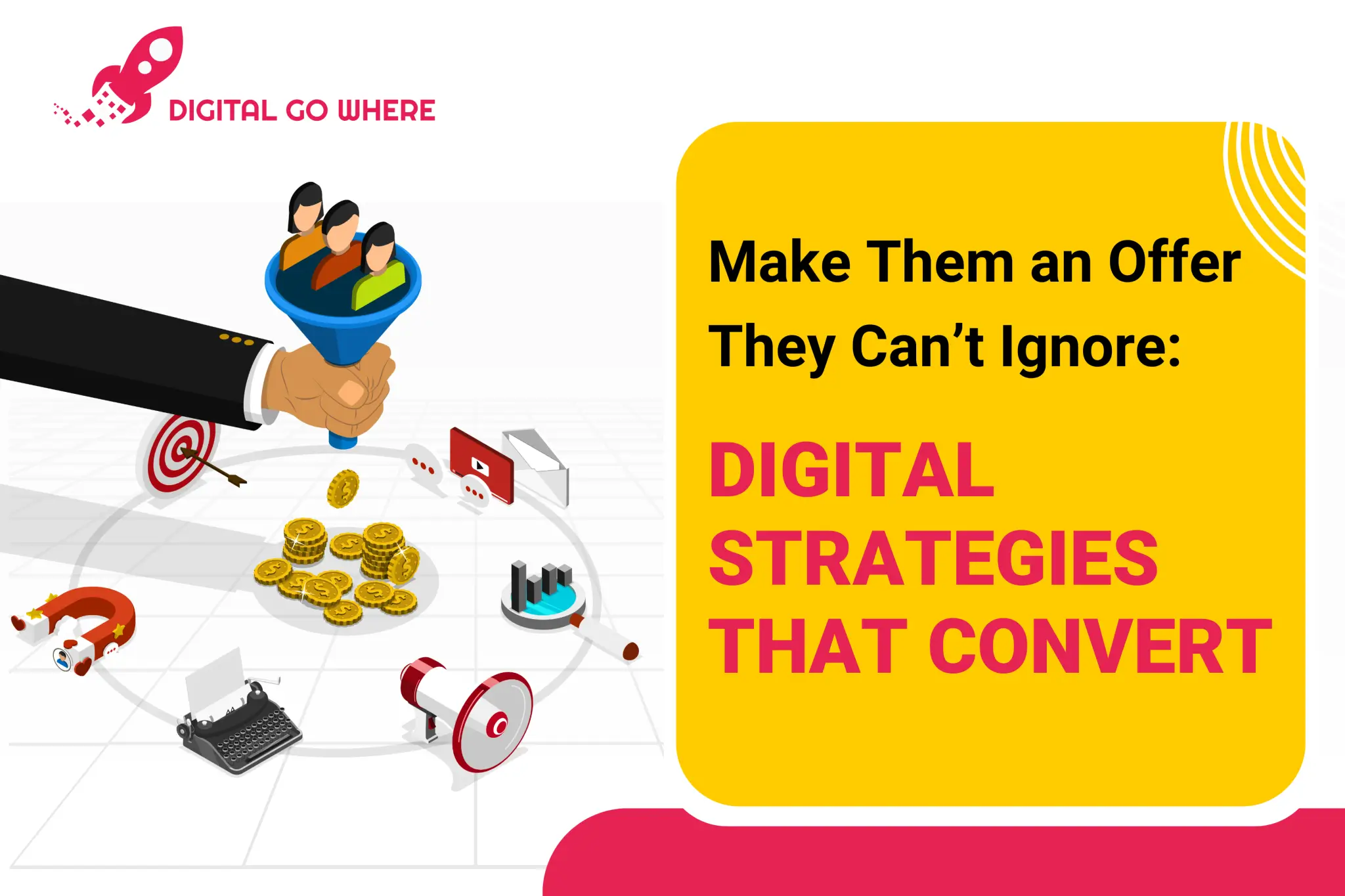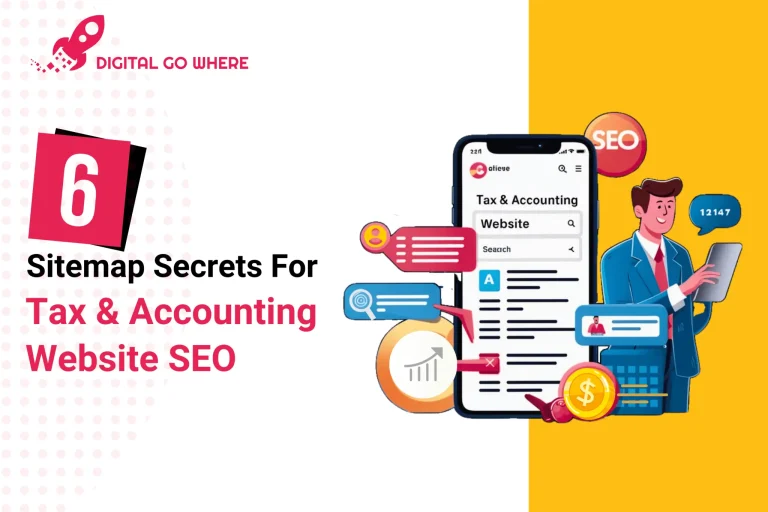
Step into the spotlight of the new influence economy, where the flash of celebrities fades against the rising power of micro-influencers. HubSpot’s 2024 Social Trends Report reveals a stunning shift: 71% of marketers are boosting their influencer marketing budgets, betting big on personalities with 10,000 to 100,000 followers who excel at engaging audiences.
As the digital revolution continues to reshape the landscape, B2B marketing is undergoing its own transformation. Cold calls and crowded conference halls are being swapped for strategic partnerships with influencers who can authentically connect and convert.
Join us as we explore the transformative strategies and undeniable advantages of B2B influencer marketing that are setting businesses up for unprecedented success.
As the digital revolution continues to reshape the landscape, B2B marketing is undergoing its own transformation. Cold calls and crowded conference halls are being swapped for strategic partnerships with influencers who can authentically connect and convert.
Join us as we explore the transformative strategies and undeniable advantages of B2B influencer marketing that are setting businesses up for unprecedented success.
Table Of Content
The Core of B2B Influencer Marketing
B2B influencer marketing focuses on connecting and collaborating with key figures, including social media influencers, who have significant influence over your desired audience. These influencers are typically not celebrities (not less than them!) but are people who possess a deep understanding, experience, and recognition in particular industries or areas. Aligning your brand with such authoritative voices can quickly elevate your company’s credibility and expose you to an audience that is actively engaged.
Typical influencers in the B2B sphere include:
- Corporate Executives
- Entrepreneurs
- Conference Speakers
- Industry Experts
- Writers and Bloggers
- Podcast Hosts
- Instagram Influencers
Key Components of B2B Influencer Marketing:
1. Credibility and Trust – Influencers are selected based on their expertise and reputation within a specific industry, making their endorsements more credible and impactful.
2. Targeted Reach –Unlike broad-spectrum advertising, influencer marketing targets specific industry niches, reaching an audience that is already highly interested and engaged.
2. Targeted Reach –Unlike broad-spectrum advertising, influencer marketing targets specific industry niches, reaching an audience that is already highly interested and engaged.
Key Benefits of B2B Influencer Marketing
1. Enhancing Credibility and Trust: Collaborating with well-respected influencers helps boost a brand’s credibility, increasing trust among potential clients.
2. Maximizing Impact in Niche Markets with Influencers: Influencers specializing in specific B2B niches draw highly engaged, focused audiences. This targeted reach ensures that marketing efforts resonate deeply and effectively with the intended demographic, significantly enhancing campaign effectiveness.
3. Humanizing the Brand: Influencers add a personal touch to B2B marketing, making brands more relatable and approachable to potential clients.
4. Creating High-Quality Content: Influencers produce engaging content that can be utilized across various channels, enhancing the brand’s messaging and appeal.
5. Optimizing the B2B Sales Funnel with Influencer Collaboration: Influencers play a critical role in navigating the complexities of the B2B sales funnel. By crafting targeted content—from educational articles that increase awareness to detailed webinars that support decision-making—they effectively guide potential customers through each stage of the buyer’s journey.
These concise points encapsulate the strategic advantages of incorporating influencer marketing into a B2B marketing strategy, underlining its necessity for growth and competitive edge.
2. Maximizing Impact in Niche Markets with Influencers: Influencers specializing in specific B2B niches draw highly engaged, focused audiences. This targeted reach ensures that marketing efforts resonate deeply and effectively with the intended demographic, significantly enhancing campaign effectiveness.
3. Humanizing the Brand: Influencers add a personal touch to B2B marketing, making brands more relatable and approachable to potential clients.
4. Creating High-Quality Content: Influencers produce engaging content that can be utilized across various channels, enhancing the brand’s messaging and appeal.
5. Optimizing the B2B Sales Funnel with Influencer Collaboration: Influencers play a critical role in navigating the complexities of the B2B sales funnel. By crafting targeted content—from educational articles that increase awareness to detailed webinars that support decision-making—they effectively guide potential customers through each stage of the buyer’s journey.
These concise points encapsulate the strategic advantages of incorporating influencer marketing into a B2B marketing strategy, underlining its necessity for growth and competitive edge.
How to Effectively Collaborate with B2B Influencers
Developing a successful B2B influencer strategy involves several key steps:
1. Identify Industry Influencers: Begin by pinpointing influential figures within your target market who are actively engaged and respected in your industry.
2. Build Relationships: Once potential influencers are identified, initiate contact to build relationships. Engage with their content and involve them in meaningful interactions.
3. Launch Targeted Campaigns: Clearly define the objectives of your influencer campaigns, providing influencers with detailed guidelines and creative freedom to ensure message alignment and effectiveness.
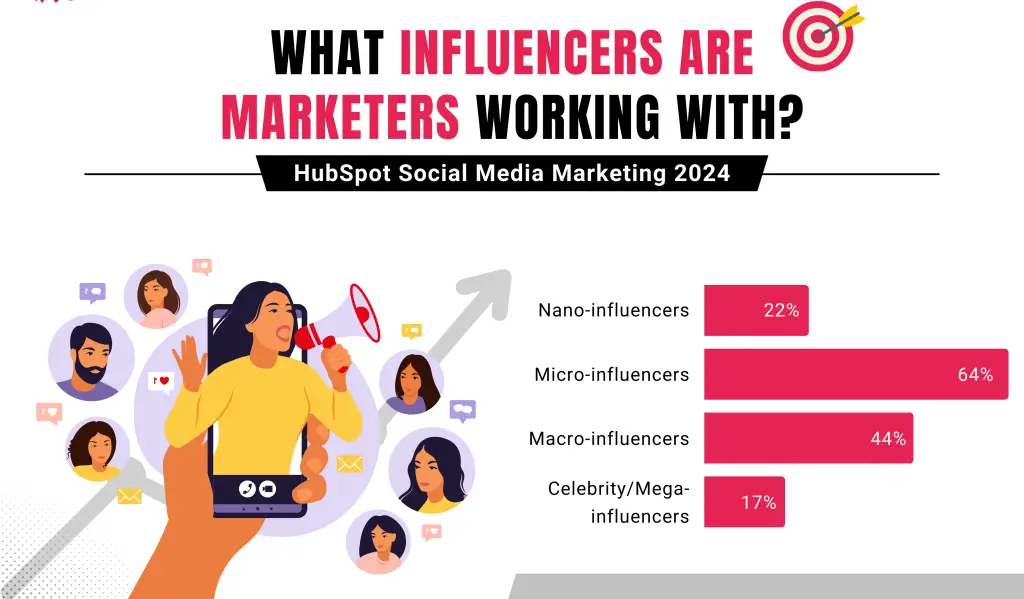
Real World Examples
Several leading companies have demonstrated the powerful impact of B2B influencer marketing through well-executed campaigns:
Adobe’s Creative Voices: Adobe’s campaign focused on partnering with creative professionals who used and showcased the capabilities of Adobe products in their projects. This not only highlighted the product’s versatility but also its impact on real-world professional work, leading to a reported 40% uptick in engagement on social platforms.
IBM’s #NewWaytoWork: This initiative featured thought leaders discussing the future of technology in the workplace, which helped position IBM as a forward-thinking leader in
tech solutions. The campaign resulted in a 50% increase in lead generation within the target market.
Adobe’s Creative Voices: Adobe’s campaign focused on partnering with creative professionals who used and showcased the capabilities of Adobe products in their projects. This not only highlighted the product’s versatility but also its impact on real-world professional work, leading to a reported 40% uptick in engagement on social platforms.
IBM’s #NewWaytoWork: This initiative featured thought leaders discussing the future of technology in the workplace, which helped position IBM as a forward-thinking leader in
tech solutions. The campaign resulted in a 50% increase in lead generation within the target market.
Measuring the Success and ROI of Influencer Campaigns
Assessing the impact of an influencer campaign involves more than just traditional metrics. It’s crucial to analyze both the direct and indirect outcomes:
1. Quantitative Measures: Utilize analytics tools to track metrics like web traffic, lead generation, and conversions. Comparing these figures before and after campaigns can provide clear indicators of success.
2. Qualitative Insights: Pay attention to brand perception changes and audience feedback on social platforms, which can offer deeper insights into the campaign’s effectiveness.
To calculate ROI, subtract the total campaign costs from the generated revenue, then divide by the total costs. This formula helps determine the financial success of the influencer efforts.
Ongoing communication with influencers can further enhance campaign outcomes, fostering lasting relationships that benefit both your brand and the influencers involved.
1. Quantitative Measures: Utilize analytics tools to track metrics like web traffic, lead generation, and conversions. Comparing these figures before and after campaigns can provide clear indicators of success.
2. Qualitative Insights: Pay attention to brand perception changes and audience feedback on social platforms, which can offer deeper insights into the campaign’s effectiveness.
To calculate ROI, subtract the total campaign costs from the generated revenue, then divide by the total costs. This formula helps determine the financial success of the influencer efforts.
Ongoing communication with influencers can further enhance campaign outcomes, fostering lasting relationships that benefit both your brand and the influencers involved.
The Future of Influencer Marketing in B2B
Looking forward, B2B influencer marketing is set to become an even more integral component of digital marketing strategies. Trends indicate a growing emphasis on micro-influencers and niche experts, whose more focused audiences often yield higher engagement rates than celebrity endorsements. Additionally, the integration of AI for influencer matching and campaign optimization is likely to enhance the precision and effectiveness of influencer selection.
Conclusion: Embracing the Future of Email Marketing
B2B influencer marketing is transforming how businesses connect with their audiences. By collaborating with the right influencers, companies not only enhance their market presence but also achieve substantial growth and credibility. From the perspective of Digital Go Where, embracing influencer marketing is not just strategic; it’s imperative for any forward-thinking B2B company looking to thrive in the digital age.
Ready To Transform Your Marketing Approach?
Join the influencer marketing revolution and see your business grow.
Contact us to find out how!
Contact us to find out how!
Most Popular

Recent Blogs
Time To Swap A Celeb For An Influencer
•
July 23, 2025
5 Proven Digital Strategies For Tax And Accounting Business
•
July 23, 2025


